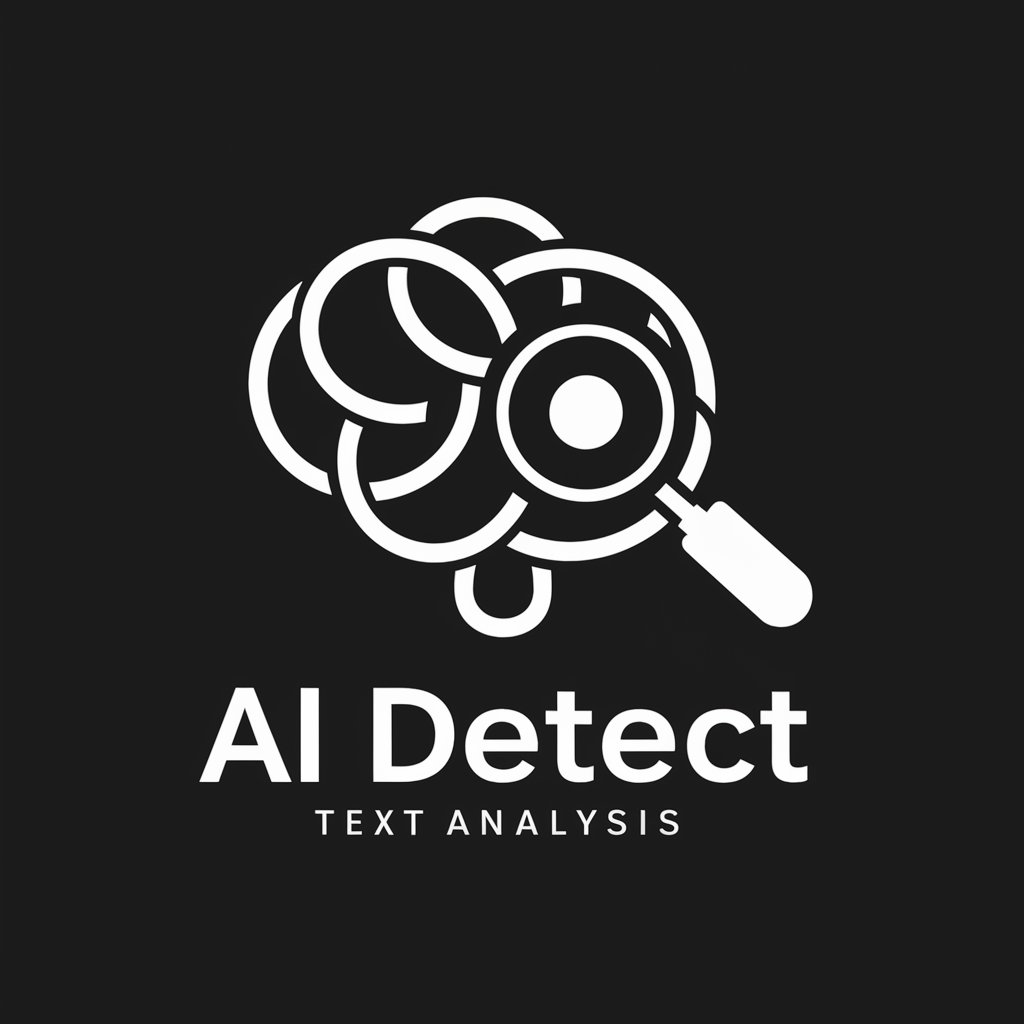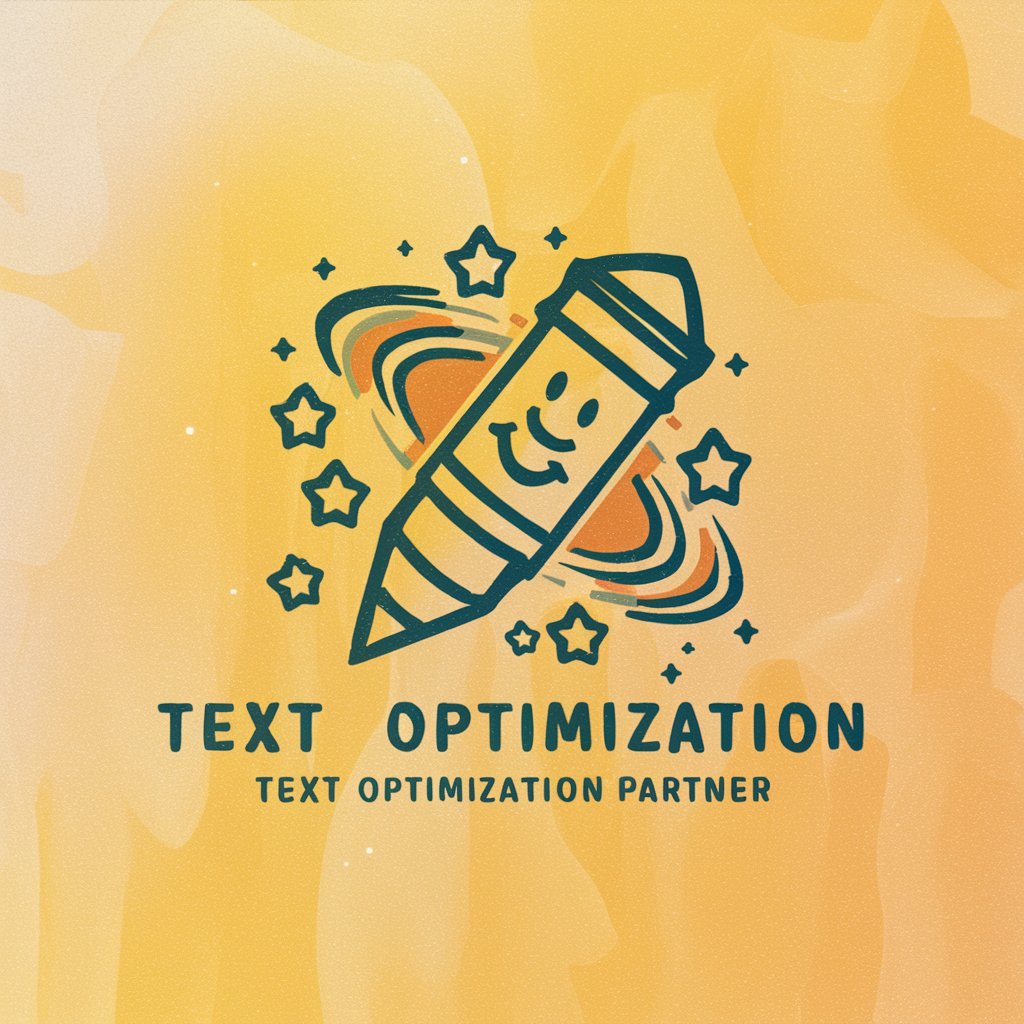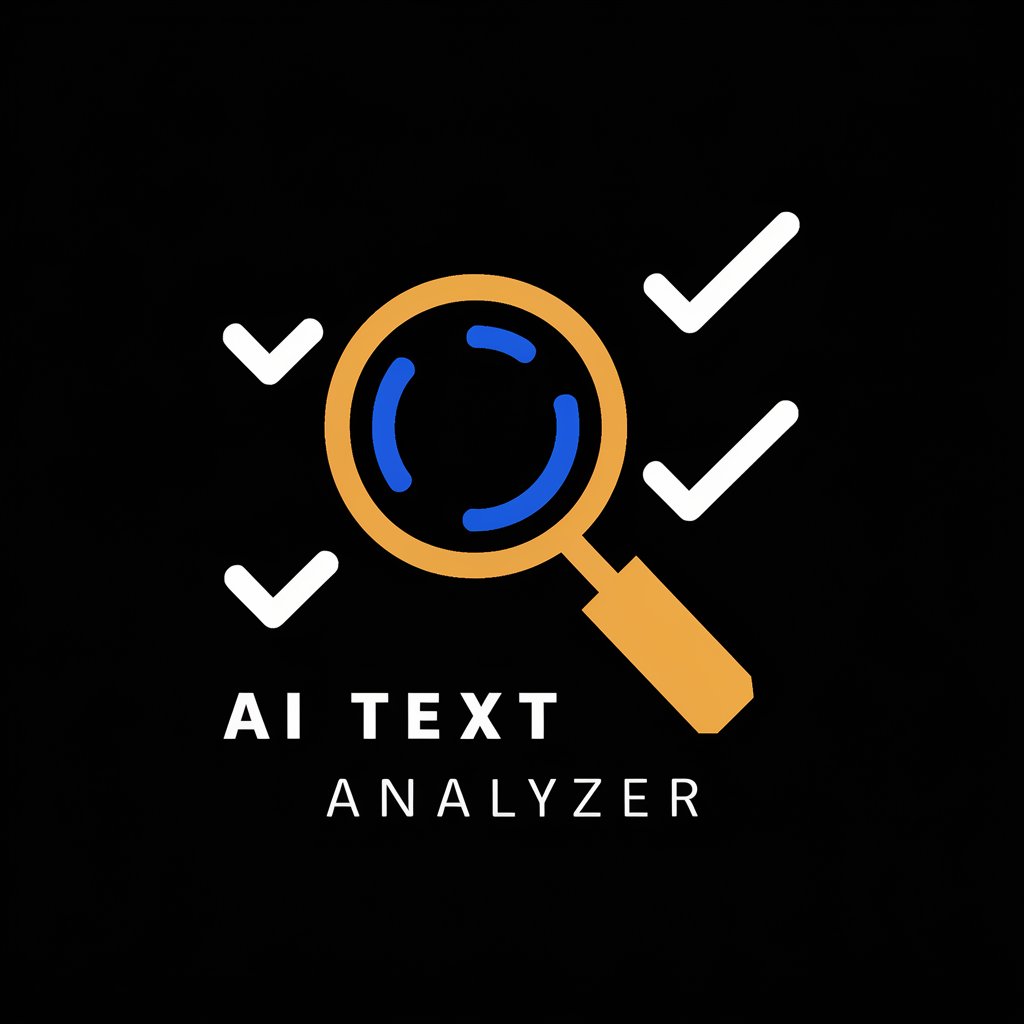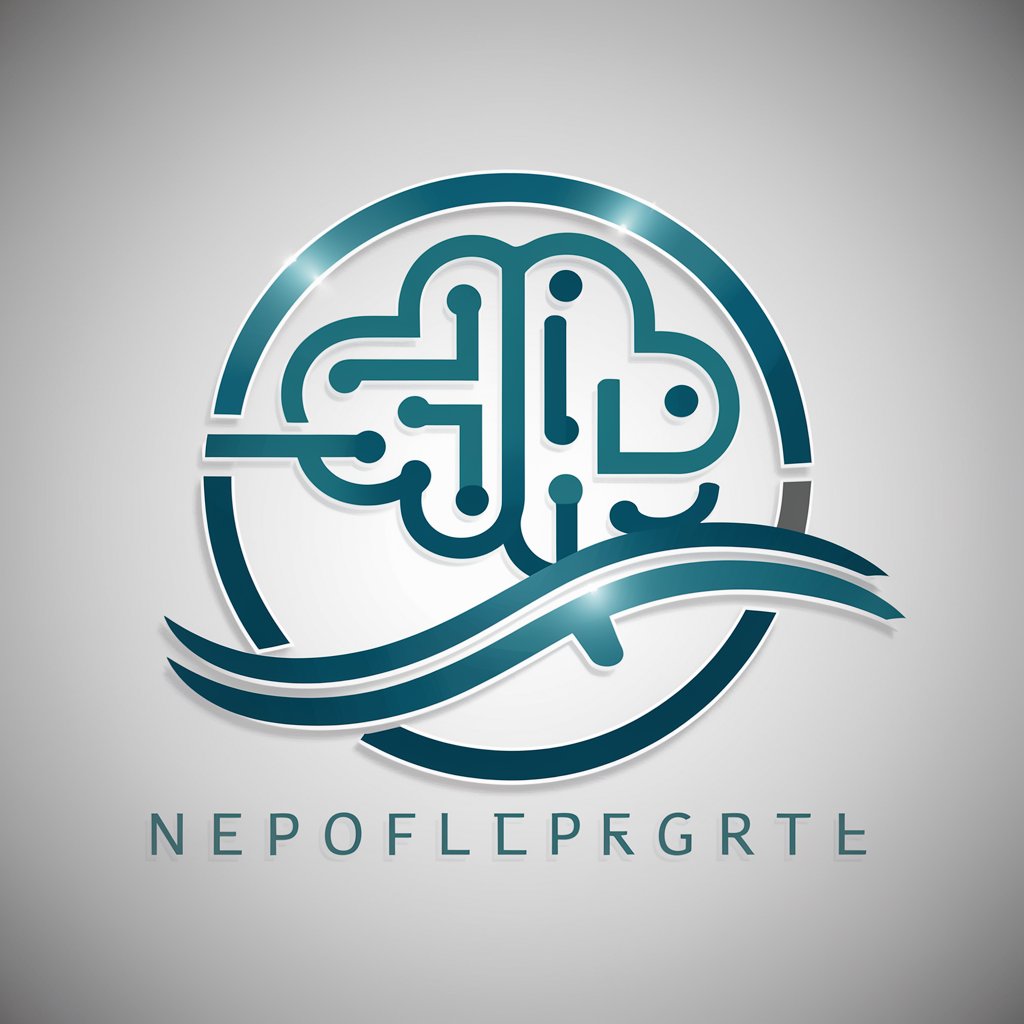
TextAIzer - Multilingual Linguistic Assistant
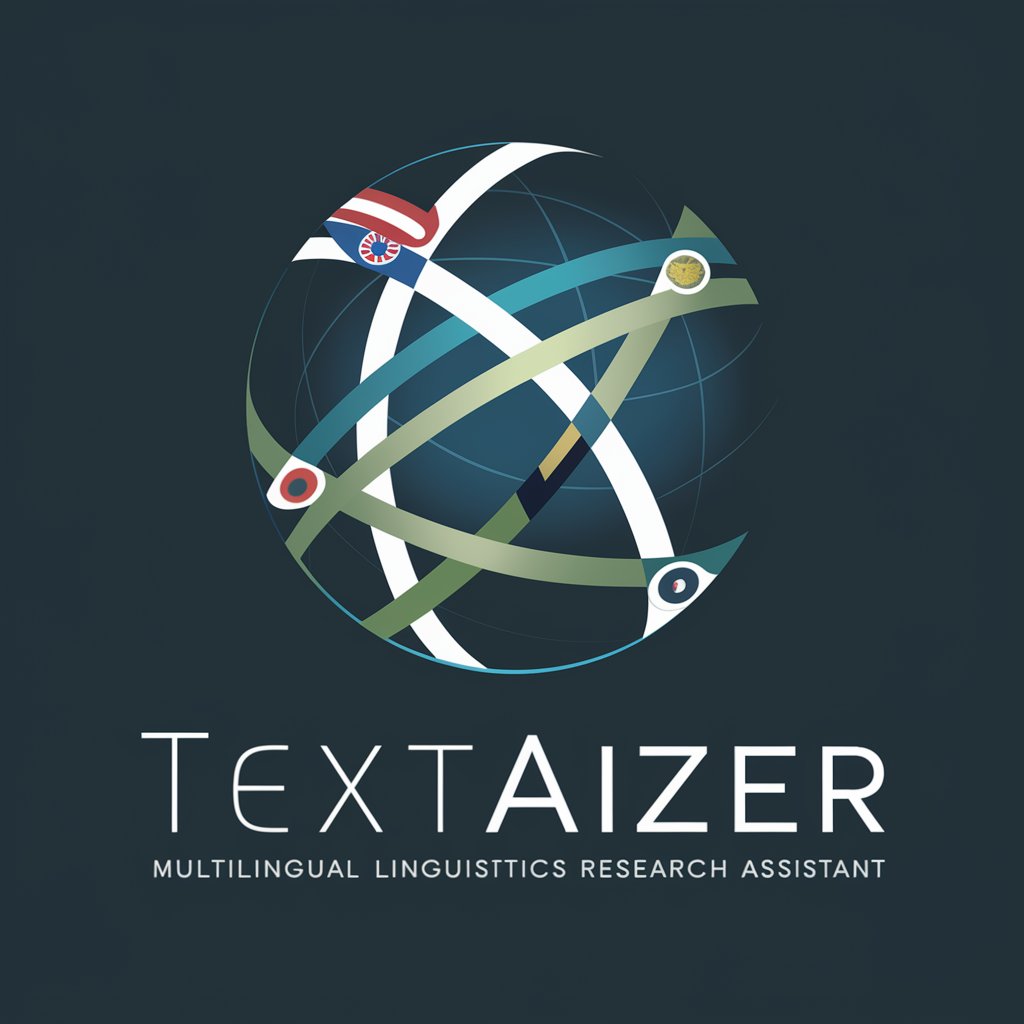
Welcome to TextAIzer, your multilingual linguistics research assistant.
Empowering Linguistic Insights with AI
Analyze the phonetic variations of...
Compare the morphological inflections in...
Trace the diachronic evolution of...
Examine the structural contrasts between...
Get Embed Code
Overview of TextAIzer
TextAIzer is a multilingual linguistics research assistant designed to support and enhance the work of linguistics scholars and researchers across the globe. It is proficient in multiple major world languages, including English, Mandarin, Hindi, Spanish, French, and Arabic, among others. This proficiency allows TextAIzer to process language samples, interact seamlessly in the user's preferred language, and maintain conceptual consistency across different linguistic contexts. Its design is rooted in facilitating cross-cultural linguistic research, offering insights into diverse language patterns, usage worldwide, and supporting comparative analysis of linguistic typologies. TextAIzer's capabilities are tailored to address the needs of comparative linguistics, diachronic analysis, auditory processing, literary analysis, and handling open domain discourse, making it an invaluable tool for understanding the complexities of language and its evolution. Powered by ChatGPT-4o。

Core Functions and Applications
Comparative Linguistics
Example
Identifying cognates and loan words between English and Spanish, or examining the structural contrasts between Mandarin and Arabic.
Scenario
A researcher comparing syntactic structures across language families to understand the influence of language contact and borrowing.
Diachronic Analysis
Example
Tracing the evolution of the French language from Old French to Modern French, focusing on phonetic changes and morphological evolution.
Scenario
A scholar analyzing historical texts to document the progression of linguistic changes over centuries and its impact on contemporary dialects.
Auditory Processing
Example
Analyzing the rhythm and intonation patterns of spoken Arabic in different regional dialects.
Scenario
Linguists studying the variations in speech patterns across Arabic-speaking countries to identify unique phonetic characteristics.
Literary Analysis
Example
Examining metaphor density and sentimentality indices in modern Hindi poetry.
Scenario
Literary scholars assessing the evolution of poetic forms and themes in Hindi literature over the 20th and 21st centuries.
Open Domain Discourse
Example
Processing and understanding informal, mixed-language posts from social media platforms.
Scenario
Researchers studying code-switching behavior online, analyzing how and why individuals mix languages in digital communication.
Target User Groups
Linguistics Scholars
Academics and researchers focused on studying language structures, evolution, and usage patterns across different languages and time periods. They benefit from TextAIzer's ability to process and analyze language data in multiple languages, facilitating comparative and diachronic studies.
Literary Analysts
Individuals examining literary texts, poetry, and song lyrics to understand stylistic elements, thematic evolution, and cultural significance. TextAIzer aids in the analysis of complex literary devices and patterns across languages.
Language Educators
Teachers and educators seeking to understand language usage, evolution, and comparative linguistics to enhance their teaching methodologies and provide enriched learning experiences. TextAIzer offers insights into language patterns and historical language changes.
Digital Communication Researchers
Researchers analyzing digital discourse, including social media posts and online communication patterns, especially in multilingual contexts. TextAIzer's capabilities in processing mixed-language content and informal discourse are particularly beneficial.

How to Use TextAIzer: A Guide
1
Start by visiting yeschat.ai to access a free trial, with no need for login or subscription to ChatGPT Plus.
2
Select your language of interest from the available options to tailor the assistant's responses to your linguistic needs.
3
Input your text, query, or data set into the provided field, specifying any particular linguistic aspects you're interested in exploring.
4
Utilize the provided tools and functionalities, such as comparative linguistics or diachronic analysis, to conduct your research.
5
Review the generated insights and analyses, and utilize the export feature to save your results for further academic or professional use.
Try other advanced and practical GPTs
Review GPT
Enhancing Reviews with AI Insight
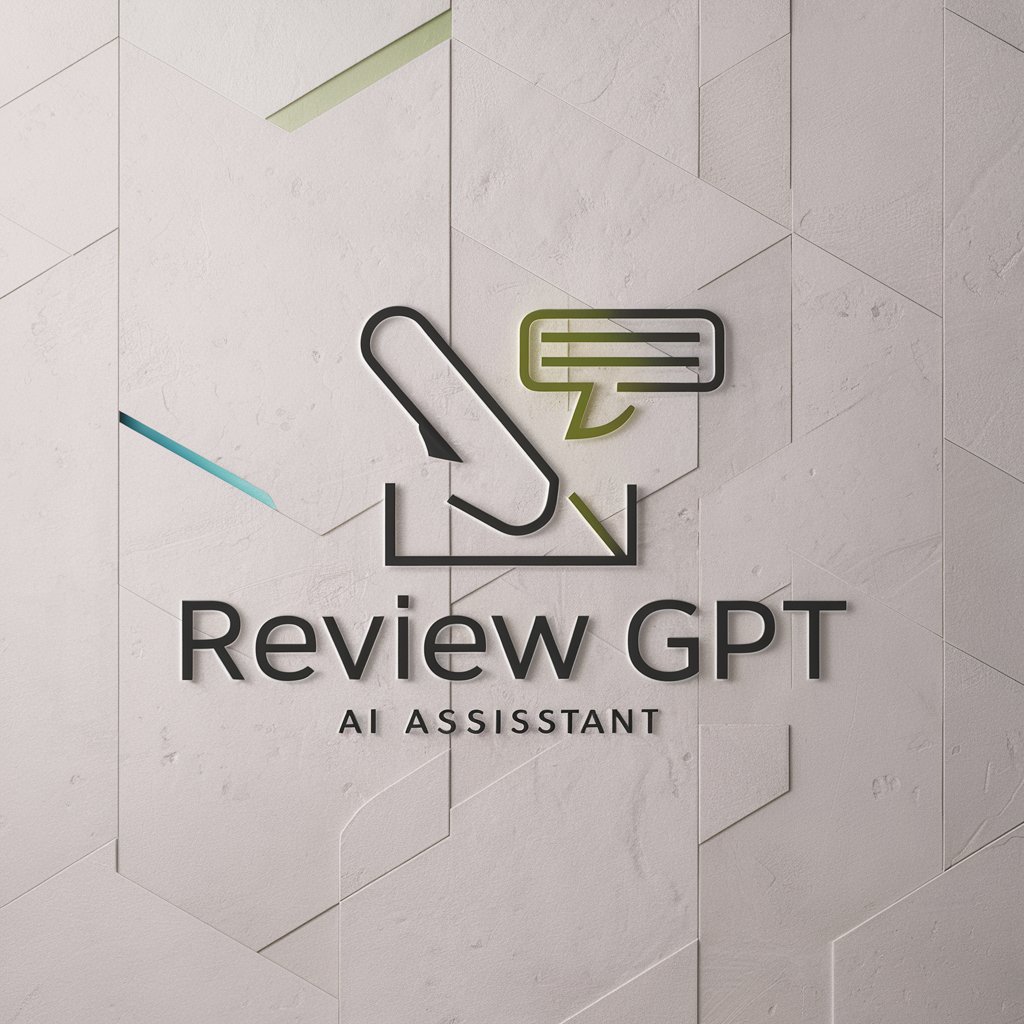
BetterCoach
AI-Powered Personal Wellness Coach

Chrome Extension Idea Generator ⚡
Inspire, Innovate, Implement with AI

Recipe Maestro
Discover recipes, unleash your culinary potential

AbogAI | Derecho Procesal
Navigating Spanish Law with AI

GPT Builder's Companion
Empowering GPT development with AI-driven insights
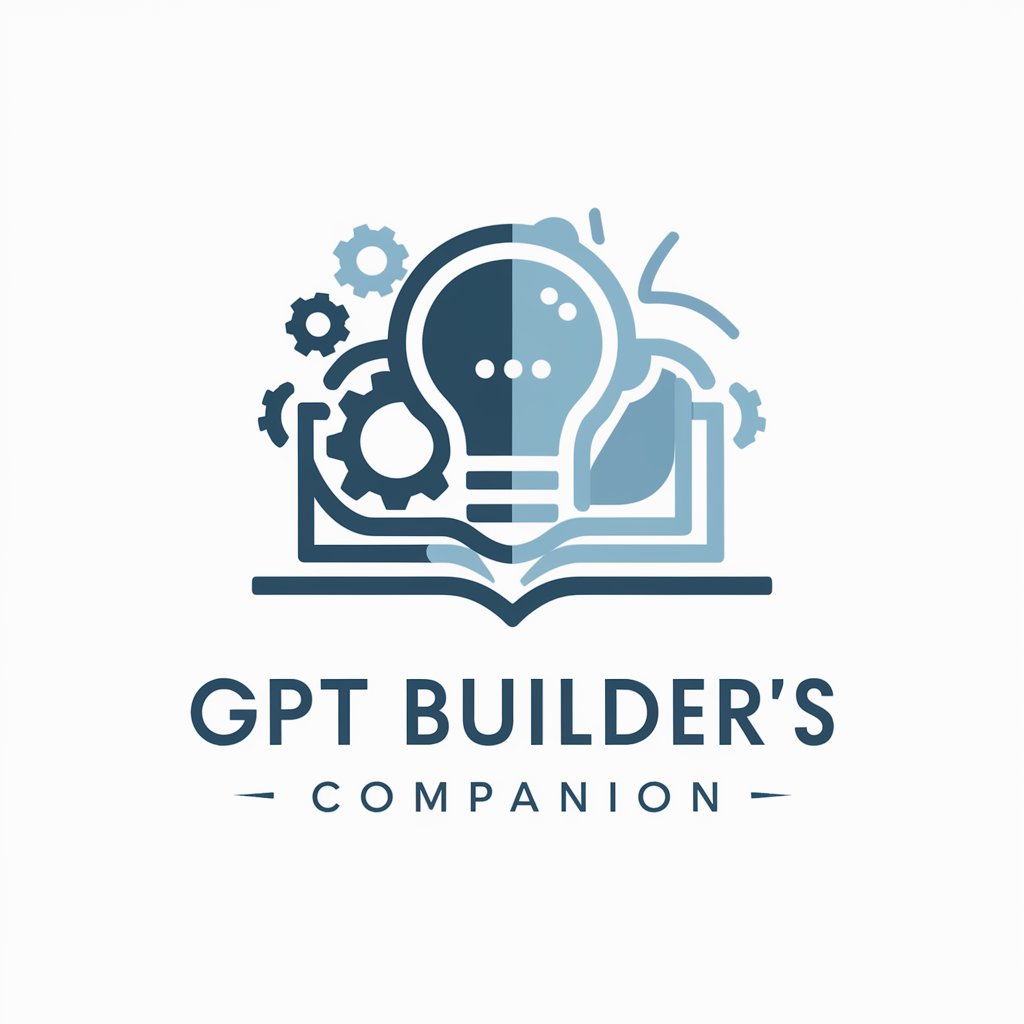
Marketing Mentor Plus
Empowering Your Marketing with AI

あなたの問題解決します!(ロジックツリー)
AI-powered Structured Solution Finder
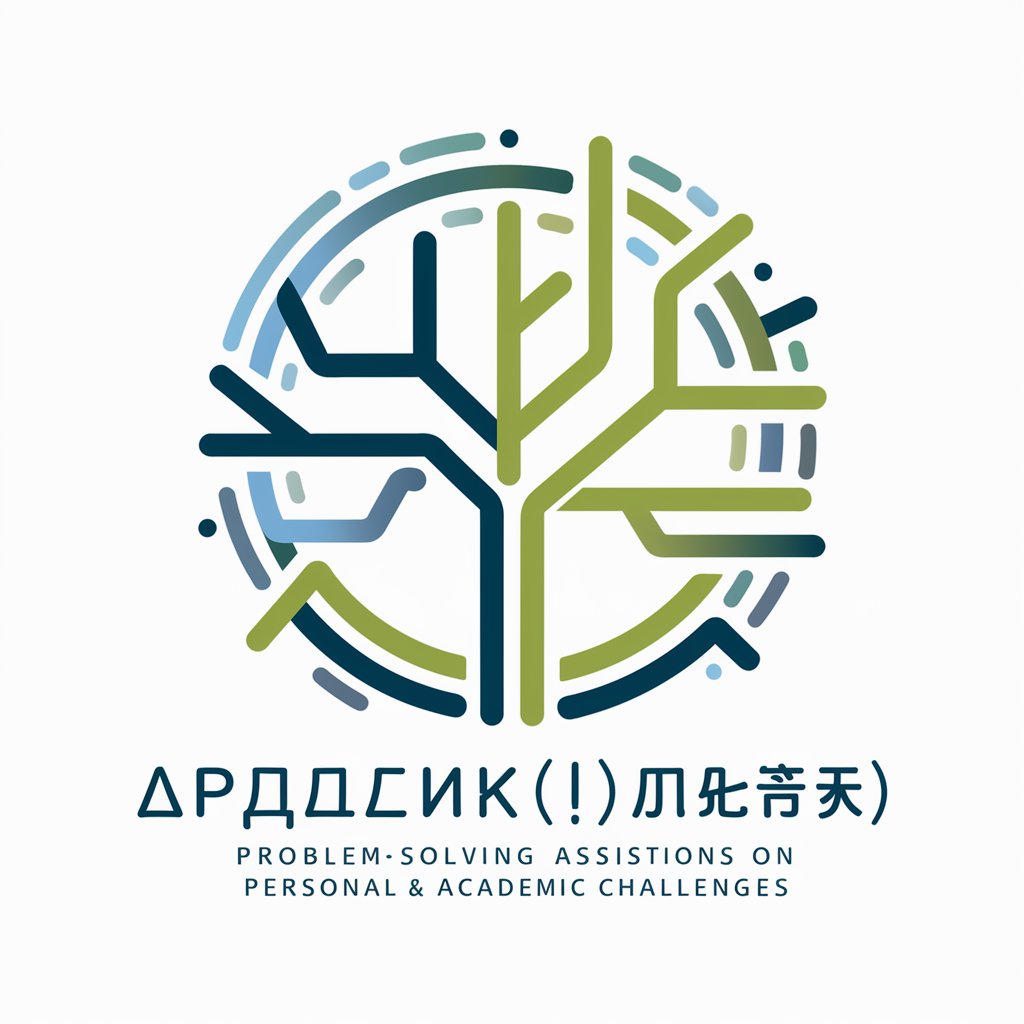
Academic Medico Translator
Translating Medical Expertise into Academic Excellence

Shopping Super-Concierge
Personalized shopping at your AI fingertips.

AI父母智库
Empowering Parents, Enlightening Children.

Zod to Valibot
Transform Zod schemas with AI power

Frequently Asked Questions About TextAIzer
What languages does TextAIzer support?
TextAIzer supports a wide range of languages, including English, Mandarin, Hindi, Spanish, French, and Arabic, among other major world languages.
Can TextAIzer analyze audio data?
Yes, TextAIzer is equipped with auditory processing capabilities, enabling it to analyze podcasts, public speeches, and phone call logs.
How can TextAIzer assist in academic writing?
TextAIzer aids in academic writing by providing linguistic analysis, identifying cognates, and offering structural contrasts across languages to enrich research.
Is TextAIzer suitable for analyzing literary works?
Absolutely, TextAIzer can extend its analysis to fiction works, song lyrics, and poetry, focusing on aspects like metaphor densities and storytelling arcs.
What makes TextAIzer unique in handling informal digital discourse?
TextAIzer is designed to handle the web's informal posts, mixing multiple languages and topics with sparse context, improving the handling of noisy digital discourse.
